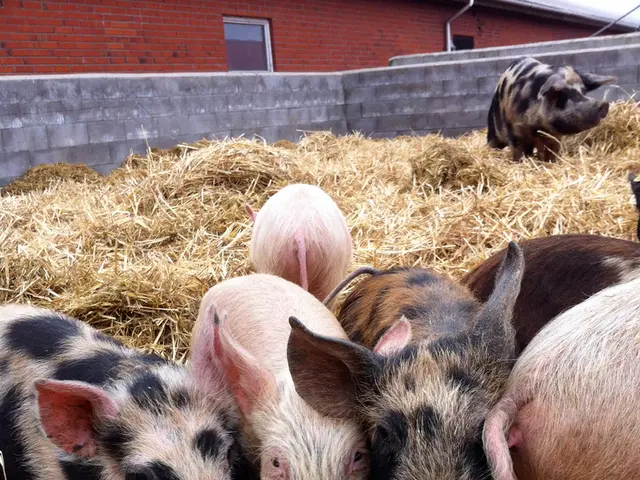Embracing the Freedom Unleashed by Ambiguity
In Childhood Dreams and Shifting Passions, Humans Reveal Surprising Inability to Predict Future Desires
A childhood dream of becoming a paleontologist gave way to ambitions of being a veterinarian, astronaut, and fashion designer for one individual. This pattern of constantly changing passions is not unique, as many people cyclically pursue different interests before settling on a career path. Despite the persistence of these varying interests, it turns out that humans are surprisingly poor predictors of their future desires and happiness.
Dr. Tali Sharot, a neuroscientist and author, explains that the inability to predict one's emotional future—known as affective forecasting—is a common pitfall. In research, psychologists have found that individuals routinely overestimate how happy or unhappy future events will make them feel, and for how long. The promotion that seems so exciting now might not result in lasting joy, while a breakup may not be as devastating as feared.
People are also terrible at predicting the things they will enjoy in the future. In a study published in the Quarterly Journal of Economics, it was discovered that individuals tend to exaggerate the degree to which their future tastes will resemble their current ones. It seems that our ability to recognize significant changes in our past preferences does not extend to predicting future shifts.
This paradox, known as the end of history illusion, highlights a cognitive bias where people underestimate how much they will change in the future, particularly in terms of their preferences, values, and personality. Researchers have found that the 40-year-old you will likely be as different from your current self as you are from your 20-year-old self. Your favorite music, political views, and career aspirations may all undergo drastic changes that your current self cannot fully imagine.
Rather than concerning ourselves with the perceived negative aspects of this unpredictability, Dr. Sharot argues that it is the very feature that allows us to grow. By adopting an experimental mindset, we can treat each day as an opportunity to explore new interests and ideas, instead of setting rigid objectives for our lives. This approach allows us to view failures as valuable data, providing insights that help us make more informed decisions about our next steps.
In embracing the uncertainty of our future desires, we open ourselves up to a world of possibilities that may have otherwise been overlooked. We become more attentive to the present moment, where our actual preferences reveal themselves. The beautiful uncertainty of not knowing what we want is not something to be overcome; it is something to be cherished. It represents the liminal space where curiosity lives and where we continue to learn and evolve throughout our lives.
The next time someone asks where you see yourself in five years, the most honest answer may be: "I don't know yet—and that's exactly as it should be."
In the pursuit of educating oneself and fostering personal growth, adopting an experimental mindset might be more beneficial than rigid goal-setting. This is because, as people evolve over time, their preferences, values, and interests may shift dramatically, a phenomenon known as the end of history illusion. By embracing the uncertainty of our future desires, we can foster mindfulness and pay greater attention to our current preferences, opening ourselves up to a world of possibilities for education-and-self-development and personal-growth.








